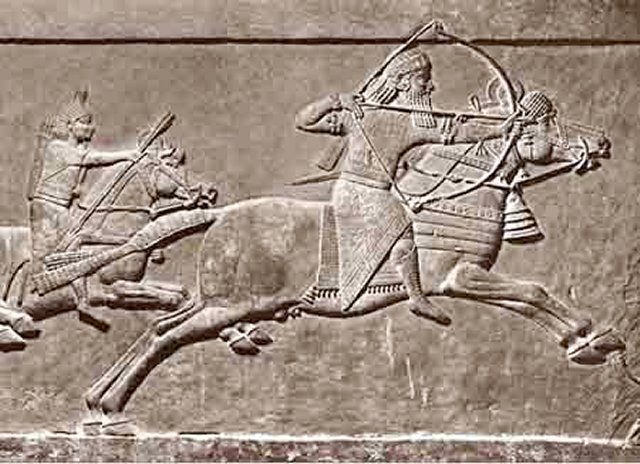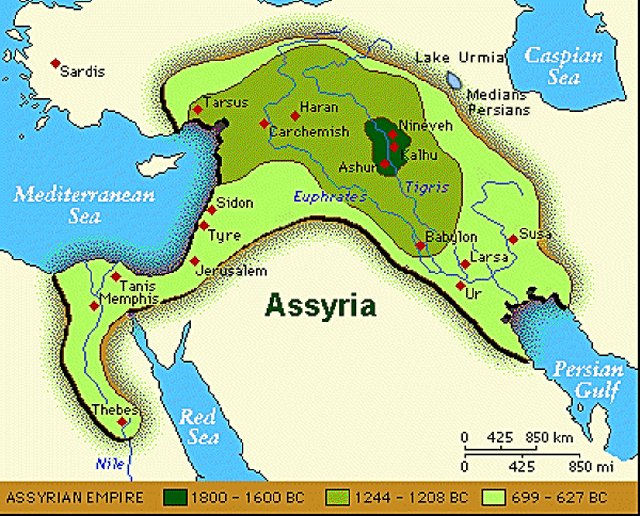Surprisingly Rapid Decline Of Neo-Assyrian Empire Still Baffles Researchers
MessageToEagle.com – In the 9th century BC, the Assyrian Empire of northern Iraq – according to many historians, the first true empire in the world – started to expand into most of the ancient Near East.
It reached its height in the early 7th century BC, becoming the largest of its kind in the Near East up to that time.
However, the Assyrian Empire’s subsequent quick decline by the end of the 7th century has puzzled scholars ever since.
Most ascribe it to civil wars, political unrest, and the destruction of the Assyrian capital, Nineveh, by a coalition of Babylonian and Median forces in 612 BC.
Nevertheless, it has remained a mystery why the Assyrian state, the military superpower of the age, succumbed so suddenly and so quickly.
Civil wars and political unrest could not be the only reasons to the Assyrian Empire sudden decline.

Adam Schneider of the University of California-San Diego in the US, and Selim Adali of the Research Center for Anatolian Civilizations in Turkey say that factors such as droughts in the region and population growth might also have come into play.
See also:
Assyrian King Ashurbanipal’s Great Library With Thousands Of Cuneiform Tablets
Mystery Of Queen Semiramis: Famous And Powerful Ancient Ruler And Warrior Queen
Lamashtu Plaque Also Known As ‘Hell Plaque’: Assyrian Healing Device Against The Evil Goddess
Recently published paleoclimate data show that conditions in the Near East became more arid during the latter half of the 7th century BC.
During this time, the region also experienced significant population growth when people from conquered lands were forcibly resettled there.
This substantially reduced the state’s ability to withstand a severe drought such as the one that hit the Near East in 657 BC.

Researchers also suggest that within five years of this drought, the political and economic stability of the Assyrian state had eroded, resulting in a series of civil wars that fatally weakened it.
“What we are proposing is that these demographic and climatic factors played an indirect but significant role in the demise of the Assyrian Empire,” says Schneider.
MessageToEagle.com











